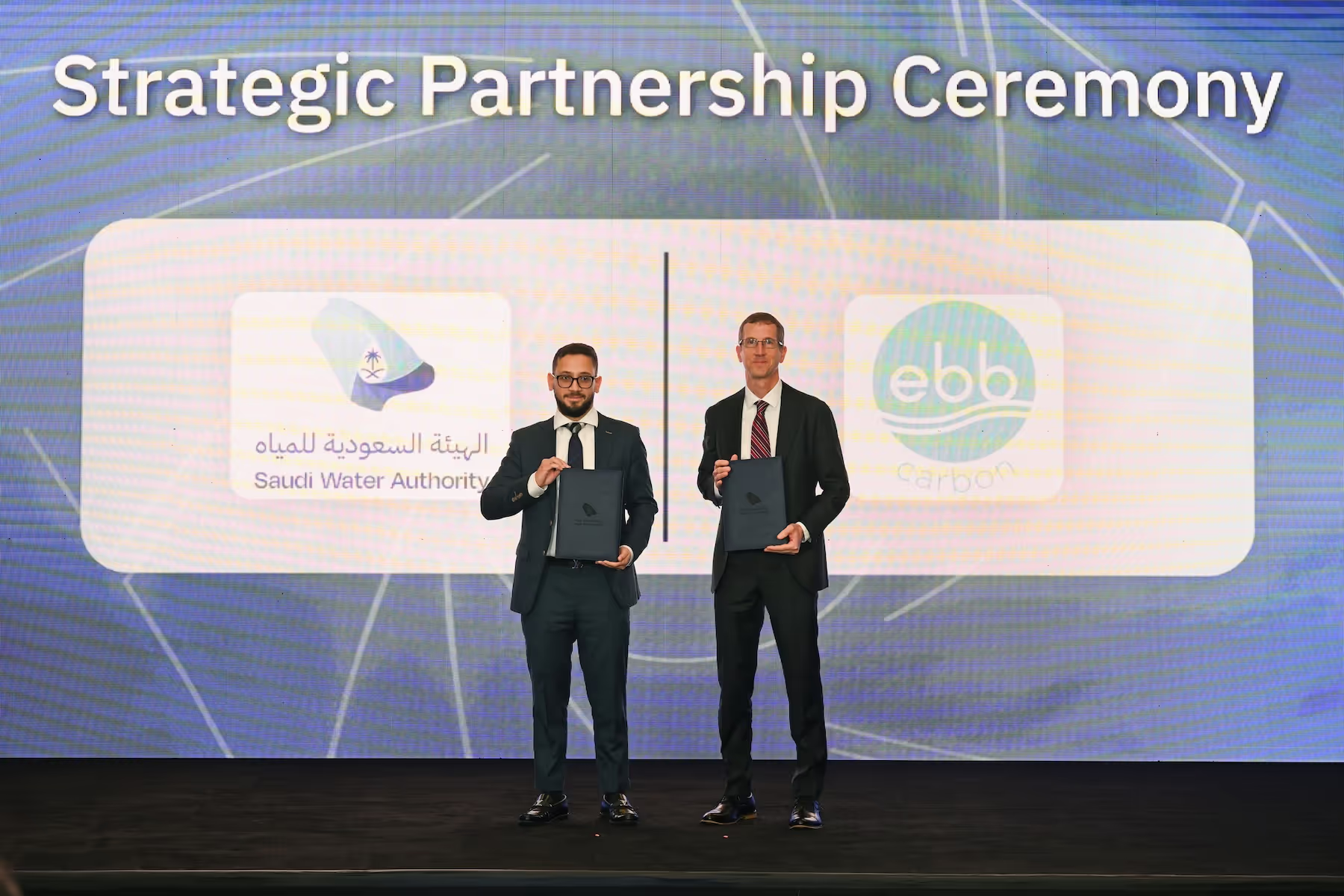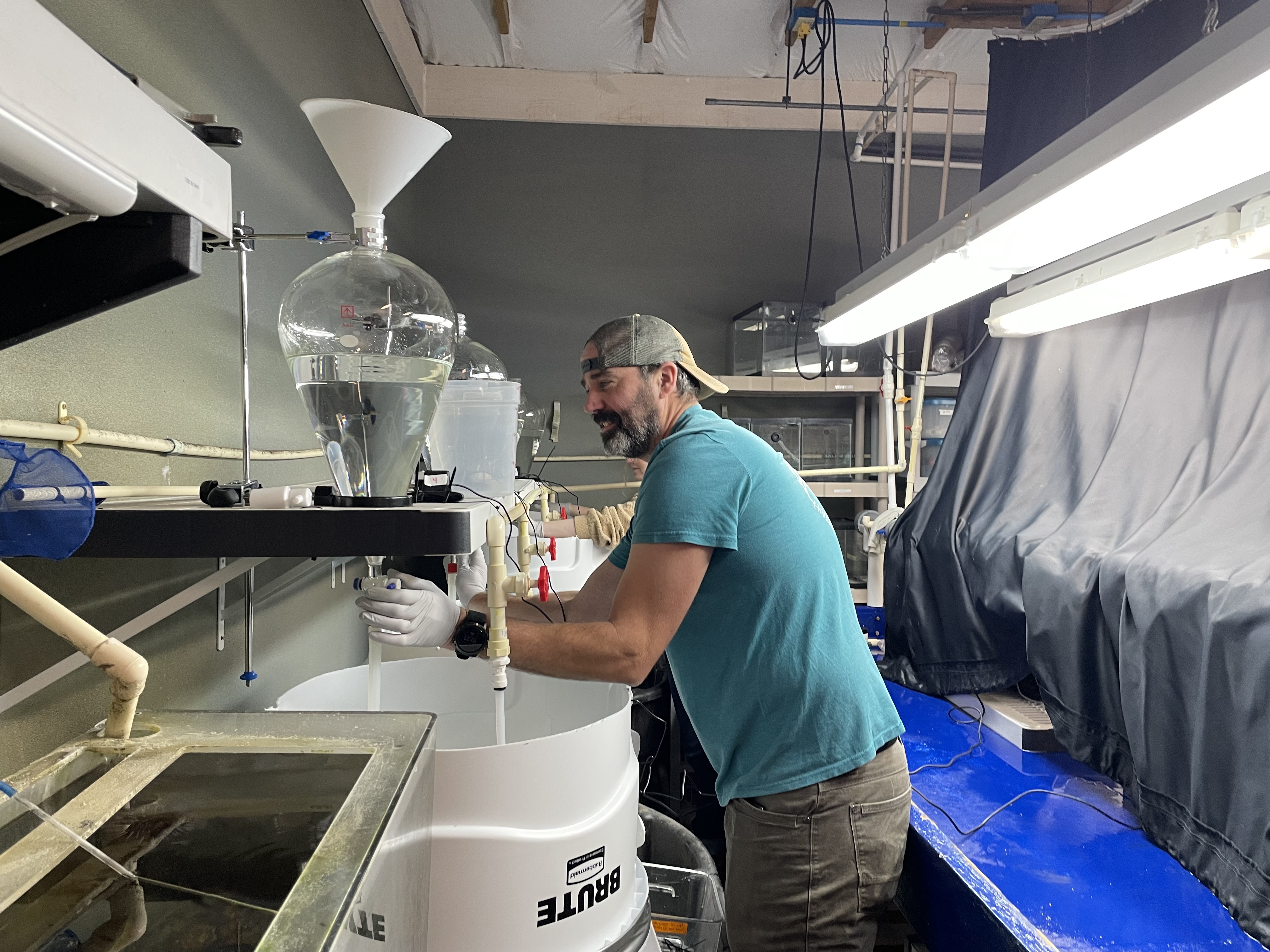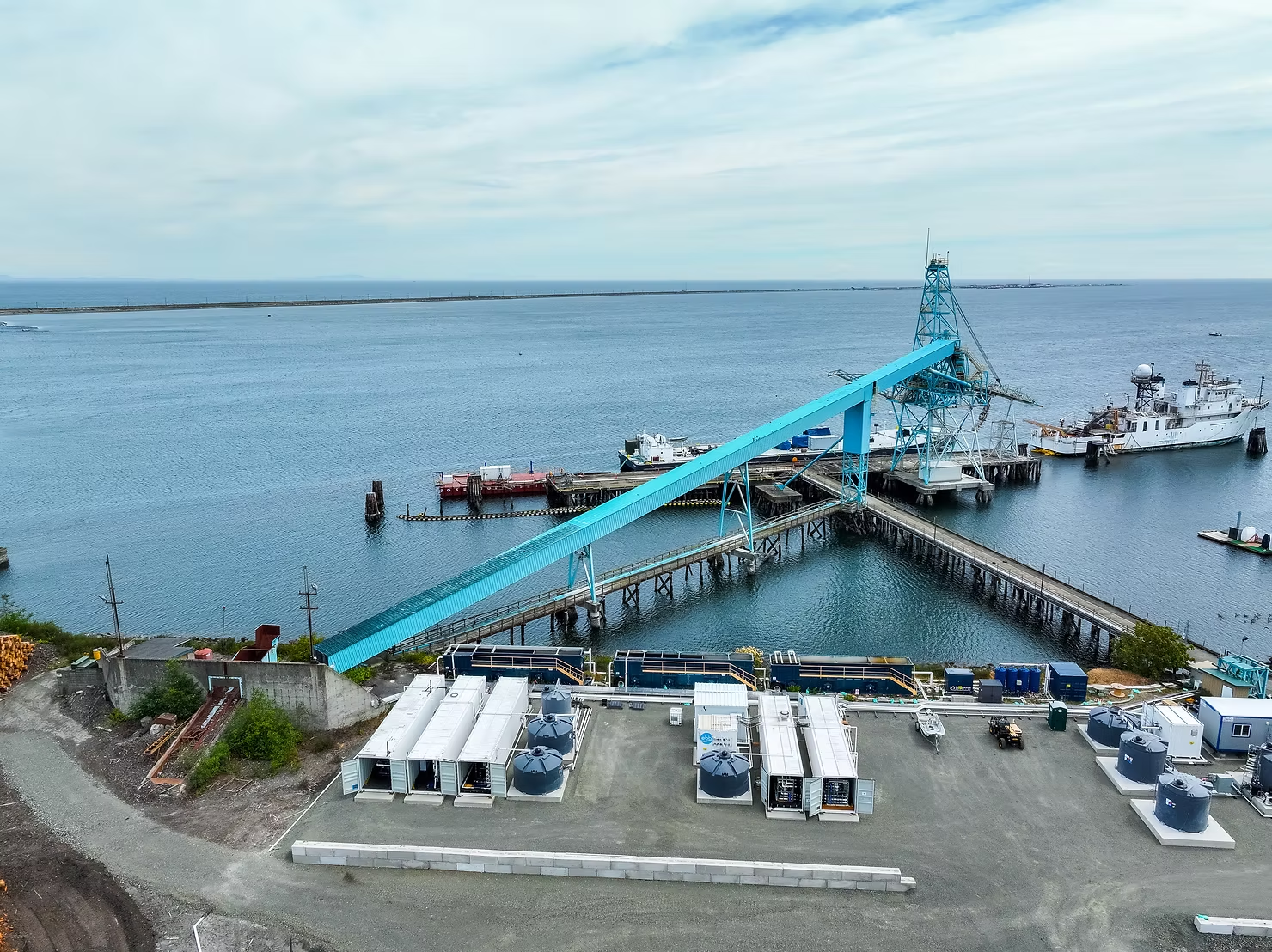SWA Partnership: building the model for scalable carbon removal

For a climate solution to reach scale, it needs more than good intentions. With carbon removal specifically, a key challenge is the one dimensional value proposition of many approaches. We must remove carbon from the atmosphere, but with the market for carbon removal still in its infancy, that benefit alone won't drive the scale we need. There will be a day when the climate benefits of carbon removal alone will motivate governments and businesses around the world to spend the capital required to build these technologies at massive scale. But until then we need pathways that scale through other economic benefits.
That's why our partnership with the Saudi Water Authority (SWA), the world's largest desalination owner and operator, represents such a breakthrough. Ebb turns legacy infrastructure into a new profit center, recovering more freshwater, producing valuable chemicals, and locking away carbon dioxide, while enhancing ocean ecosystems and enabling sustainable growth for the industry. The result: desalination operators have compelling business reasons to adopt our technology regardless of its climate impact.
Our first deployment will be at SWA's state-of-the-art facility in Jubail, Saudi Arabia where our modular electrochemical system will plug directly into existing operations. Ebb’s system will intercept desalination waste brine that is destined for the ocean, and convert it into multiple value streams: a less salty solution that can be returned to the desalination facility to generate additional freshwater; valuable chemical co-products that can be used in the desalination process or other industries; and an alkaline solution that can be returned to the ocean to draw down CO2 from the atmosphere.
The alignment of incentives drives the partnership. SWA gains increased water output from existing infrastructure, locally-produced industrial chemicals, and cleaner waste brine. Ebb saves costs through access to infrastructure capable of removing massive amounts of CO2 from the atmosphere – up to 85 megatonnes annually, once deployed across SWA’s existing assets. In this way, climate action becomes the natural outcome of smart business decisions.
With the global desalination industry processing over 150 million cubic meters of seawater daily, we're looking at one of the planet's largest opportunities for carbon removal. As we begin this next chapter for Ebb, I'm reminded of the early days in the solar industry, when scale seemed impossible until suddenly it wasn't. The difference here is that we're not asking anyone to build new infrastructure from scratch—we're enhancing what already exists to deliver clear business results while also enabling massive potential for the climate. This is how we scale climate impact.



